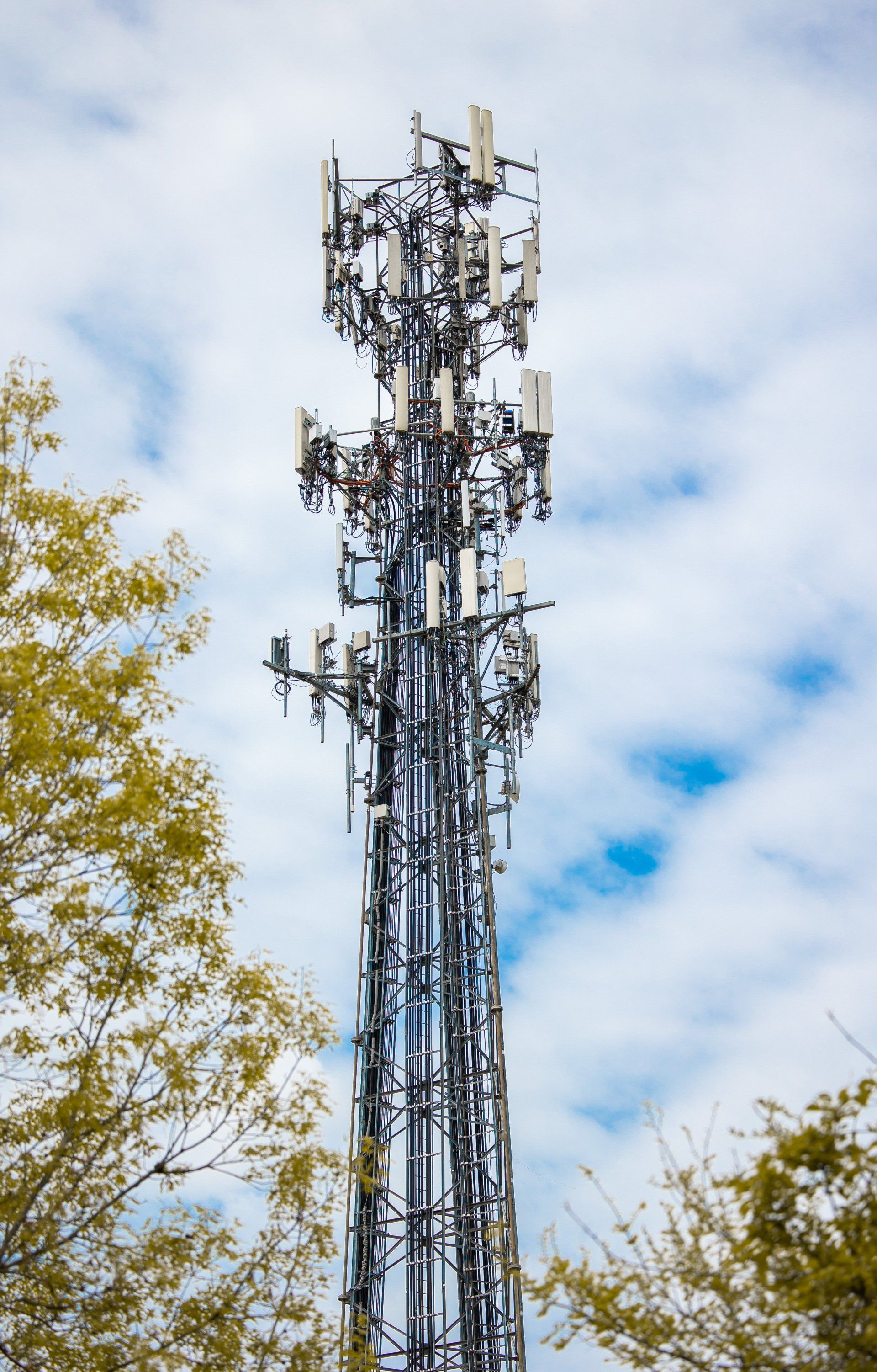Digital Tech & Education - Part One

Guest contributor and expert on Electromagnetic Pollution and its health effects, EMR Australia founder Lyn McLean, provides authoritative insight into why banning the use of cell phones in NZ schools is a smart idea for kids' health in far more ways than those making that wise decision, probably realised.
Digital Tech & Education – Part 1 (of A Two-Part Series)
Digital technology is everywhere in education: in classrooms, in students’ pockets, on their laps, in their ears, in their homes.
Does that mean it’s benefiting their learning?
Not according to Professor Tom Butler from the University College of Cork in Ireland.
In his recent paper that reviews the latest research in neuroscience, cognitive psychology and education, Professor Butler says, "It is now apparent that digital technology has a 'dark side' with negative consequences for society that often outweigh the benefits that it brings."
This is concerning, given that children and teens are spending so long – up to 12 hours a day – on digital devices, at school, at home, and everywhere else they go. Moreover, they are often exposed to multiple devices at once.
Professor Butler explains that there are many reasons why digital technology is harmful – and not just for learning.
Sleep Problems
All screens contain LEDs [Light-Emitting Diodes] that emit artificial light frequencies that disrupt the body’s circadian rhythms and interfere with sleep. This can have negative consequences for the user, as sleep is important for memory and learning – as well as for health.
Butler says that "short-term sleep deprivation . . . affects cognition, vigilance, mood, behaviour, ability to learn, immune function, and general performance. Moreover, epidemiological studies associate poor sleep with long-term outcomes such as diabetes, obesity, depression, hypertension, and general mortality from all causes."
Lack of sleep has also been linked to substance abuse in teens.
Vision Problems
Digital device use also has negative effects on vision.
According to Butler, "LED and CD screen design features such as refresh rate, luminance contrast levels, fluctuating light, backlighting, and contrast contribute to eye strain and visual fatigue – this has become known as Computer Vision Syndrome (CVS)."
CVS can negatively affect legibility and comprehension and even contribute to the loss of retinal cells and macular degeneration.
Keys vs Pens
Professor Butler says that it’s pens, pencils and paper – not keys and keyboards – that give the best results when it comes to learning and remembering – and he provides the evidence:
- There are intellectual benefits from physically writing letters and words. According to Butler, "The act of writing plays a pivotal role in learning. Typing keys on a keyboard does not have the same effect. Writing and typing involve different cognitive-neurological processes and outcomes in terms of neural circuitry."
- Multiple studies have found that university students perform better in exams when they take notes by hand rather than using a laptop.
- Students who use computers in class learn less well and disrupt the learning of others.
- People learn better when reading from paper rather than online texts. The reading of digital texts tends to result in more superficial processing and reduced comprehension.
Attention Problems
The use of digital devices adversely affects attention and learning.
When students use digital devices in classrooms, it doesn’t mean they’re learning.
Butler refers to studies showing that digital devices increase student distraction and says that students who use them are more likely to be off-task during lectures – perhaps checking their phones or scrolling on the internet.
Multitasking, in other words.
"Multi-tasking is epidemic in the digital age," he says.
However, the human brain is not built to multi-task efficiently and only 2% of the population can actually do it.
"Although people might think they’re multi-tasking efficiently, each time a person switches from one activity to another, they’re paying a price in cognition."
In Part 2, Guest Contributor Lyn McLean will write about the harmful effects of digital technology on the brain itself, together with Professor Butler’s suggestions on how to mitigate risks.
Reference: Butler, T. (2024, March 29). A Critical Review of Digital Technology in Education: A Pause for Thought in 2024. SocArXiv https://doi.org/10.31235/osf.io/5q8vg
Other News, Reviews & Commentary









